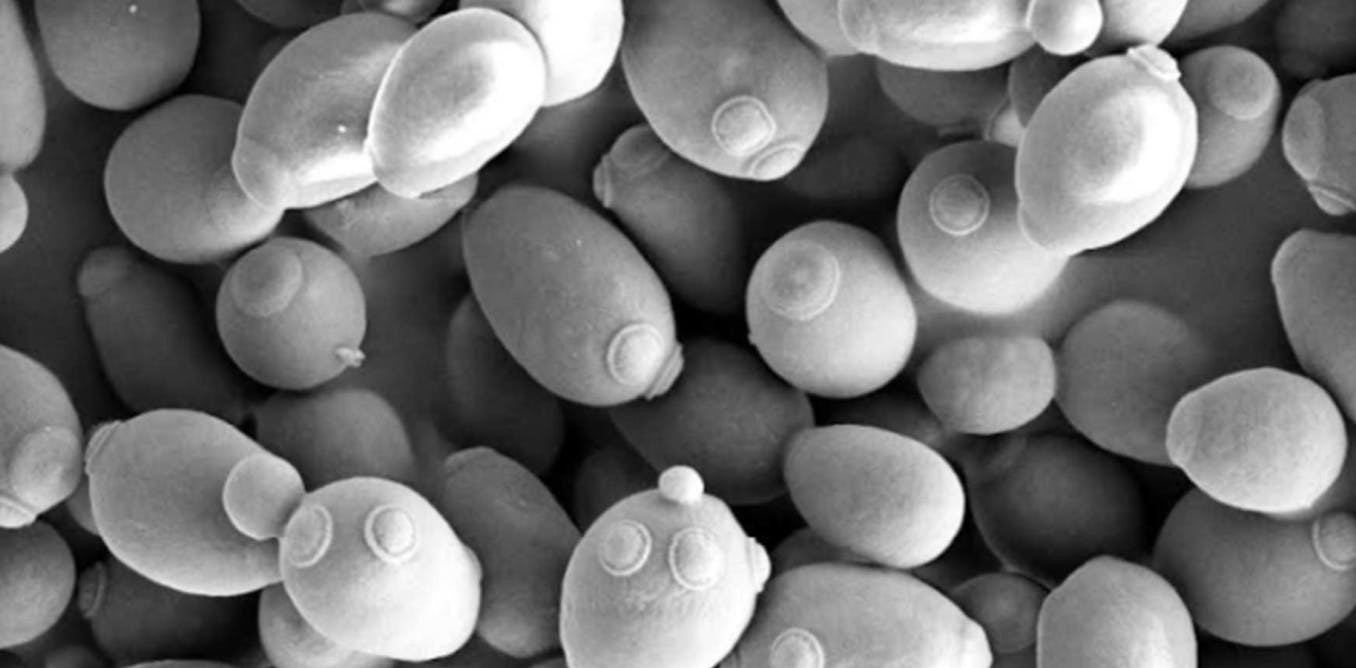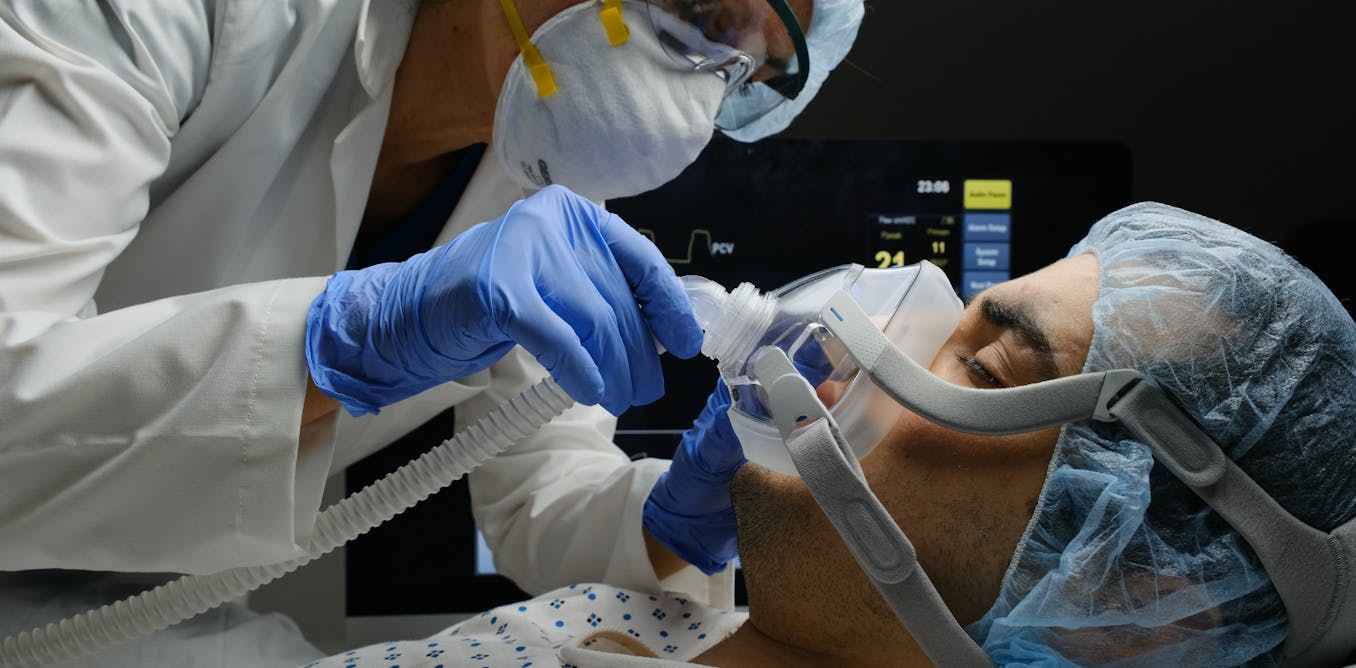Poison or cure? Traditional Chinese medicine shows that context can make all the difference
The usefulness of a drug is typically measured by its active ingredient. But traditional Chinese medicine shows that there’s more to healing than using the right chemical.
Aug. 23, 2021 • ~9 min






